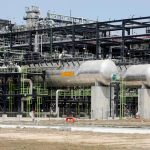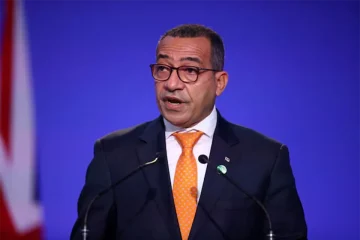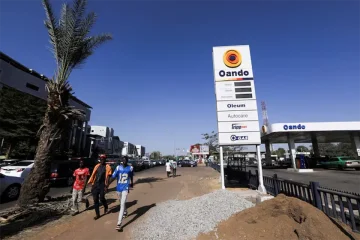NIGERIA’S fuel tanker drivers began a strike over rising operational costs due to the recent second devaluation of the naira currency within a year and over the state of the country’s roads, a union official said.
The Nigerian Association of Road Transport Owners (NARTO), which groups thousands of truck owners and drivers responsible for fuel distribution in Africa’s most populous nation, are pushing for higher freight charges from fuel marketers due to rising costs.
Africa’s biggest economy is grappling with a cost of living crisis, with the inflation rate hitting almost 30% in January – the highest in nearly three decades, after President Bola Tinubu ended a popular but costly fuel subsidy last May and lifted restrictions on currency trading.
Fuel queues have surfaced in Lagos, the commercial capital, as the impact of the strike took effect.
“All efforts to get improved freight rates for our operations have failed, so we have no other options but to strike. We are still negotiating,” Olawale Afolabi, NARTO secretary-general said by phone on Monday.
Nigeria, under the old subsidy regime, doubled freight charges to 20.46 naira per litre in 2021 to support deliveries of fuel and maintain uniform prices nationwide.
But the removal of the fuel subsidy ended the government’s obligation to pay the freight charges that helped keep retail prices uniform across Nigeria’s 36 states.
With the subsidy gone, fuel marketers are increasingly turning to more modern haulage service providers or setting up their own fleets to compete with those represented by the NARTO union.
“There is no dispute,” said Clement Isong, CEO of Major Energy Marketers Association of Nigeria, a group of big local oil marketers, defending the end of subsidies and the opening up of the market.
“One of the key benefits of pump price deregulation is competition that forces operators, transporters and marketers alike to seek cost reduction and innovation to bring the best value to customers.”













